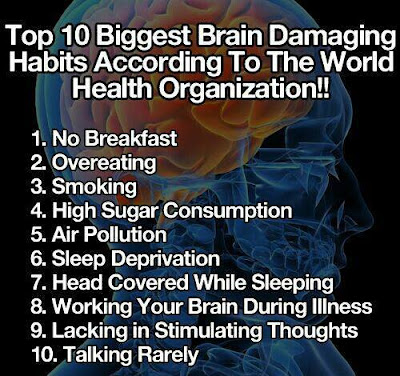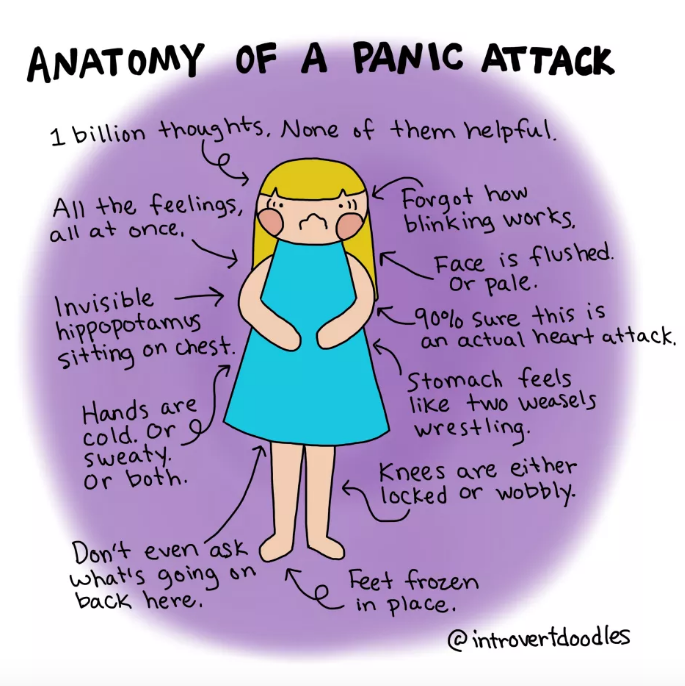In Men, Depression is DifferentRetrieved from:
http://www.wsj.com/articles/in-men-depress...rent-1474305429I am worried about a friend. He’s stopped responding reliably to texts and calls from his friends and seems irritable and edgy when we do see him. He complains of insomnia, no energy and lack of motivation. Ask him how he’s doing and he says, “I’m not myself.” “I’m drowning.”
He’s depressed. I don’t know how to help him.
Statistics show that men become depressed much less often than women do. In 2014, 4.8% of men aged 18 or older in the U.S. had at least one major depressive episode in the past year, compared with 8.2% of women in the same age group, according to the National Survey on Drug Use and Health conducted by the Substance Abuse and Mental Health Services Administration.
But experts worry that these figures don’t tell the whole story. Men are much less likely than women to report feeling depressed or to seek treatment for depression.
Psychiatrists and health care professionals define major depressive disorder as five or more of the following symptoms present for two weeks: depressed mood most of the day, irritability, decreased interest or pleasure in most activities, significant change in weight or appetite, change in sleep, change in psychomotor activity such as either agitation or sluggishness, fatigue or loss of energy, feelings of guilt or worthlessness, changes in concentration and recurrent thoughts of death.
Women often internalize depression—focusing on the emotional symptoms, such as worthlessness or self-blame, experts say. Men externalize it, concentrating on the physical ones. Men typically don’t get weepy or say they feel sad. They feel numb and complain of insomnia, stress or loss of energy. Often, they become irritable and angry.
Some men aren’t in touch with their feelings. But the larger problem is that men have been conditioned not to talk about them. “There is that sense that they should be in control of their emotions and that being depressed can be viewed as a sign of weakness,” says Jeffrey Borenstein, a psychiatrist and president of the Brain and Behavior Research Foundation in New York. Men are expected to handle problems on their own, he says.
This sense of weakness can make depression worse for men, therapists say. “For women, depression is a signal for getting help, that something needs to be addressed in a fundamental way,” says Nando Pelusi, a clinical psychologist in New York. “For men, it’s a signal that they are a failure and are submitting to defeat.”
That sense of defeat is why depressed men typically withdraw and isolate, says Donald Malone, a psychiatrist and chairman of psychiatry and psychology at the Cleveland Clinic.
And this can wreak havoc on a man’s relationships, as loved ones, especially spouses, can feel hurt and rejected. Research shows that marital problems can cause depression in both men and women. But one classic study, published in 1997 in the journal Psychological Science, showed that while for women the marital problems often come first, for men depression comes first and then causes the marital problems. “The male response to depression is to push away, which can lead a partner to feel helpless and alone,” says Wendy Troxel, a psychologist and senior behavioral and social scientist at the Rand Corp., in Pittsburgh.
How can you help a man who is struggling from depression?
Normalize the situation.
Insist that this isn't his fault and he isn't alone. “Look up men and depression on the internet—you will be amazed at what you see,” says Michael Addis, professor of psychology at Clark University, in Worcester, Mass., and director of the Research Group on Men’s Well-being. Many accomplished men have suffered from depression, including Abraham Lincoln, Winston Churchill, Buzz Aldrin and Bruce Springsteen.
If you’ve suffered from depression open up about your struggle. Explain that depression is treatable and it is important to get help, just as you would with any other illness.
Speak carefully.
Don’t be critical. He’s already beating himself up emotionally. And don’t express worry or concern. This suggests you don’t think he can handle the situation on his own.
“Be sensitive to the way his depression feels profoundly humiliating to him,” says Joshua Coleman, a psychologist and senior fellow at the Council on Contemporary Families, a nonprofit organization based at the University of Texas at Austin that distributes research about American families.
Therapists say the word “we” can be very powerful: “We are in this together.” “We will find a treatment that works.”
Ditch the “D” word.
Research shows that men can be defensive about the word depression, and that those who are the most traditionally masculine resist it the most. In a 2013 study in the journal Psychology of Men & Masculinity, men who said they weren't depressed admitted to having some symptoms, such as anxiety.
Did he mention he had insomnia? No energy? Encourage him to seek help for the symptom he is describing. Seeing a primary-care physician is a good start.
Ask about suicide.
Men are about four times as likely as women to die from a suicide attempt, even though women attempt suicide more often. They use more lethal means.
Don’t be shy about asking a man if he has thoughts of hurting himself. Experts also recommend asking if he has a gun and offering to hang on to it until he feels better. “It’s like holding on to a friend’s car keys when he’s drunk,” says Rand’s Dr. Troxel.
Suggest a therapy that focuses on behavior changes.
Many men don’t want to talk. And they believe a therapist is going to tell them what they already believe: “You are a loser.”
There are several types of psychotherapy that have been shown to successfully treat depression and that focus on changing one’s behavior. These include Cognitive Behavioral Therapy, which helps a person change his thoughts, and Behavioral Activation, which helps him become more engaged in his day-to-day life. These may be more comfortable to many men.
Encourage him to do what he does well.
Activities a man excels at can produce a sense of mastery and satisfaction, says Dr. Troxel. If they are physical activities, they will produce endorphins. If they are social activities, they will give him a boost of the feel-good hormone, oxytocin.
Men also typically gain a sense of accomplishment from getting tasks done. But depression can make even a simple chore feel overwhelming. Dr. Troxel recommends breaking projects into smaller pieces to make them more achievable and to foster an immediate sense of accomplishment
Express your limits.
It is important to realize that you don’t need to be on the receiving side of a depressed man’s anger or blame—or be the only one showing up for the relationship. If you are reaching your limit, say that clearly. “I care about you. I am there for you. But I need you to get help.”
If your husband is depressed and you feel helpless, consider getting therapy for yourself. Therapy can also help you understand what is happening, and how you can better help.
Don’t give up.
Be persistent, even if he is pushing you away. “People do get better with treatment,” says Dr. Borenstein.



 Jul 30 2016, 12:50 AM
Jul 30 2016, 12:50 AM
 Quote
Quote





 0.0308sec
0.0308sec
 0.44
0.44
 5 queries
5 queries
 GZIP Disabled
GZIP Disabled